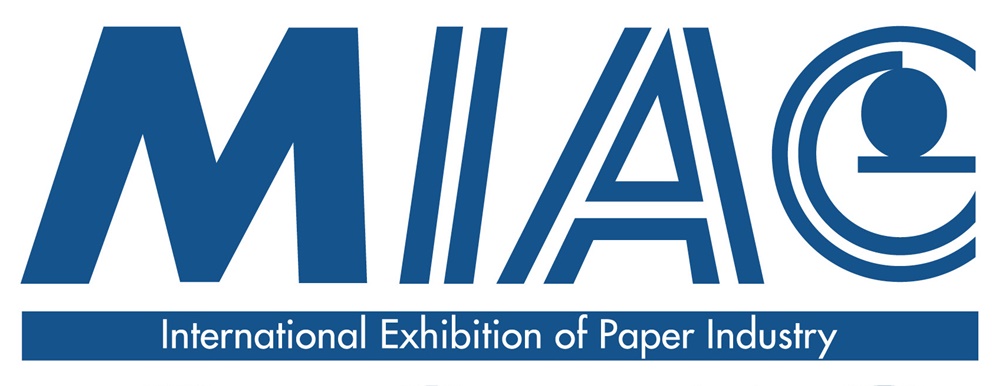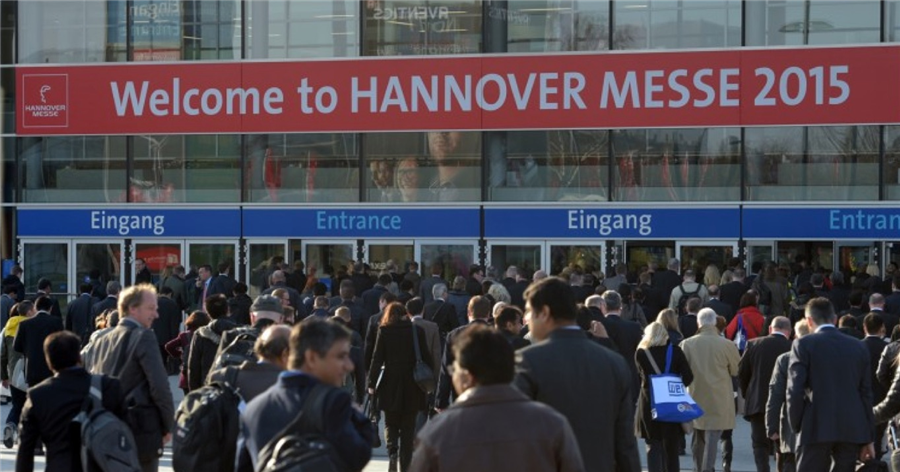NEWS
Hannover Messe: Internet of Energy will revolutionize the energy market
To ensure that the energy transition will be successful, the entire energy sector - and even some stakeholders from apparently unrelated industries - need to work together. What does Google have to do with this? And what progress have traditional electricity suppliers made? The experts at the Smart Grids Forum in Hall 13 discussed these and other questions at the Hannover Messe.
Christian Arnold started by lowering expectations: "We are still in the pre-industrial era of the future of digital energy." The Managing Director of EWE is working on enera, a pilot smart grid project subsidized by the German Federal Government. A diverse network of traditional companies from the energy sector and new players are cooperating closely. "Today, the issues of supply security and profitability are coming to the fore again," explained Arnold.
Dr. Rolf Helmes from Siemens added: "Germany is a testing ground for smart grids. The world is watching us." Helmes believes that now is the time to develop global standards. However, experts need to determine exactly which standards make sense. For example, he considers the BSI safety standards good, but also extremely difficult to implement and not necessary everywhere. The applications must be assessed in detail.
Major utilities soon to be redundant?
Dr. Jörg Benze from T-Systems Multimedia Solutions is already thinking about a peer-to-peer future. He envisions a world without large-scale power stations, having been replaced with countless individual producers generating energy and IT systems distributing it intelligently. That is precisely where IT service providers like Google come into play.
Companies could process data, e.g. from smart meters, centrally in the Google Cloud. As a result, Google sees itself as an IT partner to the energy sector, explains Marc Ritter, an energy expert at the software giant. User analyses could be performed in the cloud, allowing companies to offer more individual products. "Let's be honest: We know virtually nothing about our customers today," agreed Arnold. "Needs change, and we have to re-invent ourselves at very short notice if we want to continue to reach our customers."
Google is looking for partners
Customer segments will give way to custom services. A demo project that Google launched in the USA shows what is possible. Users can enter their home address and immediately see the annual solar irradiation and potential savings to be made by using photovoltaic systems.
Everybody at the round table clearly agreed that stakeholders have to cooperate closely in the energy market of the future. And the challenge now is to bring the different requirements of the electric and electronic world together.
The Smart Grids Forum will showcase subjects related to the energy market of the future until Friday, April 29.
To the agenda







